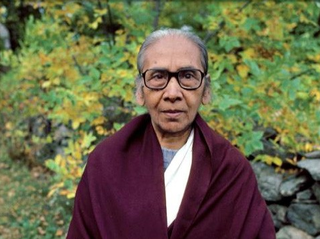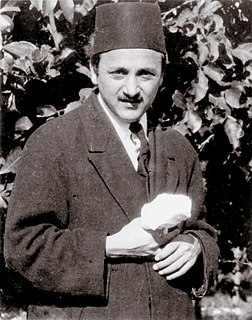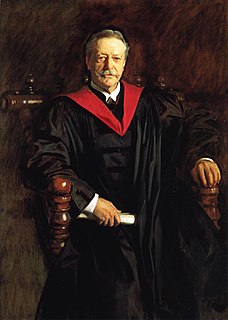A Quote by Charles Duhigg
We know there are certain chemicals that are designed to give us a rush of pleasure. But, one of the most amazing things about being human is our capacity to override that pleasure. To either say, 'I don't need that pleasure right now. I'm going to ignore the craving.' Or to find something else that we find a deeper sense of reward from.
Related Quotes
THE SUFFERING OF GENIUS AND ITS VALUE. The artistic genius desires to give pleasure, but if his mind is on a very high plane he does not easily find anyone to share his pleasure; he offers entertainment but nobody accepts it. That gives him, in certain circumstances, a comically touching pathos; for he has no right to force pleasure on men. He pipes, but none will dance: can that be tragic?
It is important to distinguish between sense-pleasure and sense-desire. There is nothing wrong with sense-pleasure. Pleasure and pain are part of our human experience. Sense-desire, on the other hand, is the grasping at pleasure or the avoidance of pain. This is what creates suffering-grasping and avoidance.
At the heart of our desires is eternal happiness without the slightest hint of misery. You could say that we are pleasure seekers; however, seeking pleasure from the objects of our five senses produces fleeting moments of pleasure whereas, pleasure of one's self, a soul, is eternal and ever-increasing pleasure.
There is a creative pleasure, which, for instance, the artisan in the Middle Ages, or in a country like Mexico, still today has - namely the pleasure of creating something. You find quite a few skilled workers who still have that pleasure: maybe in a steel mill; maybe a worker who works with a complicated machine - he has a sense that he is creating something.
But I must explain to you how all this mistaken idea of denouncing pleasure and praising pain was born and I will give you a complete account of the system, and expound the actual teachings of the great explorer of the truth, the master-builder of human happiness. No one rejects, dislikes, or avoids pleasure itself, because it is pleasure, but because those who do not know how to pursue pleasure rationally encounter consequences that are extremely painful.
Good friends find pleasure in one another's company. Let us know pleasure in the company of our best Friend, a Friend who can do everything for us, a friend who loves us beyond measure. Here in the Blessed Sacrament we can talk to him straight from the heart. We can open our souls to him, tell him what we need, beg him for powerful graces. We are perfectly free to approach the King of the universe with full confidence and without fear.
When we say that pleasure is the end, we do not mean the pleasure of the profligate or that which depends on physical enjoyment--as some think who do not understand our teachings, disagree with them, or give them an evil interpretation--but by pleasure we mean the state wherein the body is free from pain and the mind from anxiety.
Other animals can make sounds, and sounds can indicate pleasure and pain. But language, a distinctly human capacity, isn´t just for registering pleasure and pain. It´s about declaring what is just and what is unjust, and distinguishing right from wrong. We don´t grasp these things silently, and then put words to them; language is the medium through which we discern and deliberate about the good.

































